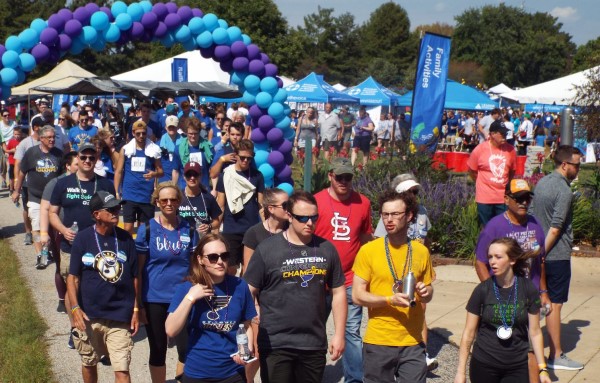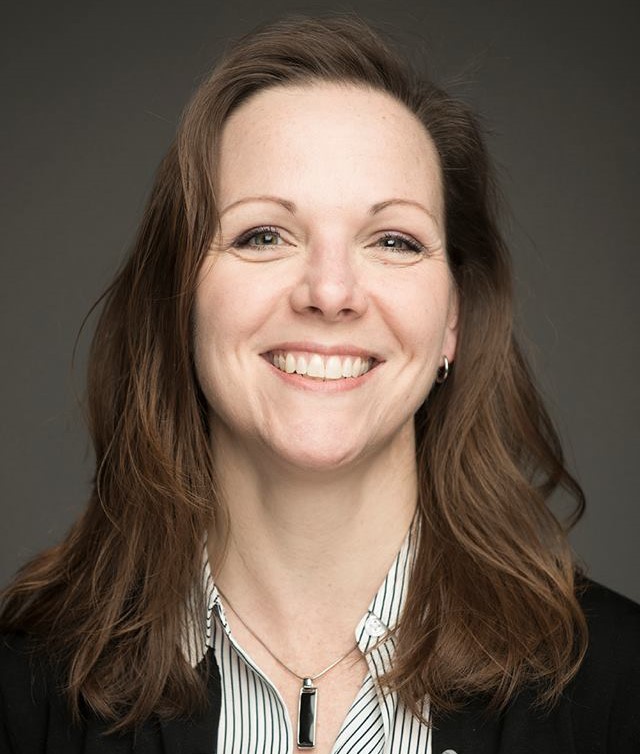Learning to Cope After a Suicide
- Written by Liz Halpin

On a Saturday morning in March 2010, a call came from my stepmother’s phone, but it wasn’t her voice on the other end. “You girls have to come home,” her friend said. “Sharon needs you. Your dad’s gone.” I felt the world collapsing around me.
Gone? No. Not possible. Certainly not like this. My dad is my rock. My source of strength, of answers, of stability. How can he be gone? But he was gone, and my life was forever changed.
When I was growing up in a rural farming community, mental health wasn’t exactly a hot topic. In fact, it wasn’t a topic at all. “Suicide” wasn’t something to be said out loud. Now the unspeakable had come directly at me, and what was I going to do about it?
For a time, I dealt with his death exactly how my family had always dealt with trauma and pain—I didn’t. I powered through the logistics of funeral arrangements and family matters. Questions about my dad’s death were often met with vague answers about how he died “suddenly” or “unexpectedly.” I told myself I was protecting people who just wouldn’t know how to respond—that I didn’t want to make anyone uncomfortable. The reality was I didn’t know how to deal with all of these feelings, emotions, and unanswered questions. There was a lot to process, and this wasn’t exactly my comfort zone.
Like many survivors of suicide loss, I felt deep sadness, but also waves of anger and guilt. I began working through my emotions on my own, through books and other resources. I learned how many people’s lives have been touched by suicide, and I began to understand mental health and suicide were issues to be discussed, not avoided.
It was about this time I discovered the American Foundation for Suicide’s Out of the Darkness Walks. My family joined me that year for the St. Louis Walk, and I saw an entire community of people brought together not only by the pain of their losses, but by their healing and their hope.
I will never again be the person I was 11 years ago, and in some ways maybe that’s a good thing. I’m learning to talk about my feelings—my doubts and fears. I share my story with friends and with strangers. In my work with AFSP I try to help people talk about mental health and seek out available resources, so we can save lives and reduce suicide.
When I think about my dad now, it’s not about the pain he suffered or the immense sadness we felt. I see his great smile. I hear his laugh. I remember the ready jokes and his sense of humor. I think about how he lived, rather than focus on how he died. I try to recognize simple moments of joy all around me. And I keep working, in the hope it might lead to fewer calls like the one I received that Saturday in March.
About the Author
 Liz Halpin serves on the board of directors for the American Foundation for Suicide Prevention-Missouri Chapter, coordinating campus and community walks across the state. She is Associate Director in Parent Engagement & Advancement at Washington University in St. Louis.
Liz Halpin serves on the board of directors for the American Foundation for Suicide Prevention-Missouri Chapter, coordinating campus and community walks across the state. She is Associate Director in Parent Engagement & Advancement at Washington University in St. Louis.






















